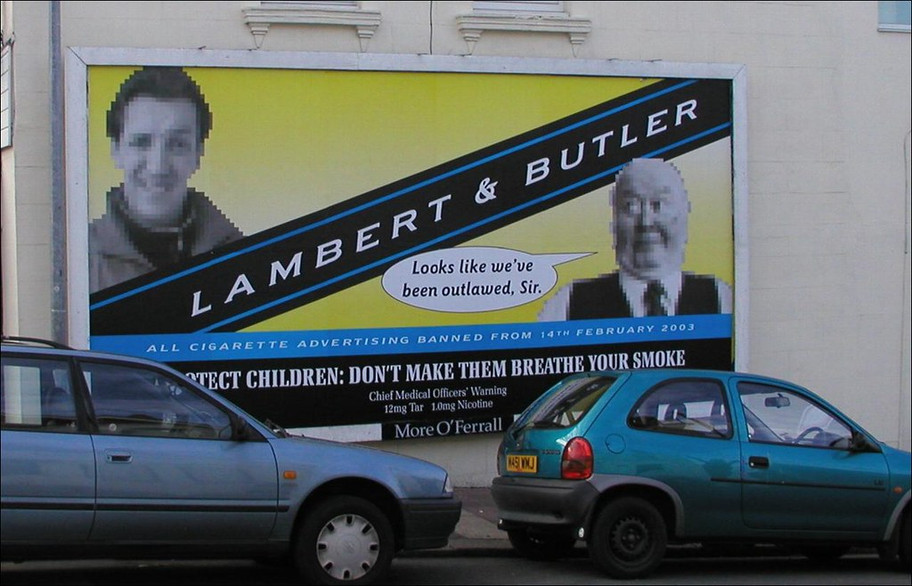York's public health chief calls for gambling ads to be phased out like tobacco in UK

Flickr
York’s public health chief has called for an effective blackout on gambling advertising, similar to how tobacco ads have been phased out.
Peter Roderick, director of public health, at City of York Council, has addressed the issue following the publication of the annual report on the health and wellbeing of young people in the city.
To learn more, visit our responsible gambling at casinos page which also offers resources and advice on where to seek help if needed.
Calling for early intervention to support those aged 10-19 which the study focusses on, he said, "We need to educate and support young people and get in really early by talking about gambling with them."
In conversation with the BBC’s Local Democracy Reporting Service, Roderick went on to detail that more than one in 10 young people in York had experience of gambling. This figure was described as the “tip of the iceberg”.
He continued, "As a council, we have some powers over granting gambling licences to premises but we haven't talked about this issue enough and there needs to be a space to call it out.
"We also need to crack down on advertising in the same way we have done with tobacco and we're going to do with fast food."
Over 20 years ago, most forms of tobacco advertising and promotion were ended with the arrival of the Tobacco Advertising and Promotion Act 2002 (TAPA).
The legislation delivered an immediate end to billboard and print advertising, later extended to other marketing forms and sponsorship, although not fully implemented until 2005.
Previously, Formula 1 and snooker were sports with significant sponsor links to the tobacco industry but this was curtailed.
Then in 2009, the regulations to the Health Act introduced further measures against branding and labels with a total ban on the open display of tobacco products in shops.
Roderick’s report states gambling is a real and increasing threat to the physical and mental health of young people, leading to further issues with friends and family.
It found that 16% of young people in York had gambled, with a quarter of those involved taking money without permission to pay for it. A further 15% had experienced conflicts with their loved ones or close friends because of gambling.
The author attributes Labour’s relaxation of laws in the early 2000s as a factor contributing to the current situation, with the benefit of hindsight.
"The Government at the time didn't anticipate the advent of the smartphone and that we'd all essentially be able to have a super casino in our pocket," he said.
"The number of gambling adverts you see is really noticeable, and that's affecting children. The effects on young people we can measure are the tip of the iceberg."
In response, a spokesperson for the Department for Culture, Media & Sport acknowledged:
“The impact harmful gambling can have on individuals and their families, and we are absolutely committed to strengthening protections for those at risk, including children and young people."
The Government has already announced plans to bring in a statutory levy on gambling profits to generate £100m for the research, prevention and treatment of gambling harms.
The spokesperson added that there are existing robust rules in place on gambling ads and wherever they are prevalent, with ministers continuing to monitor the situation, “to consider the best available evidence in this area to inform effective action as needed."






 Evoke behind on 2025 budget; but iGaming grew 9% in 2024
Evoke behind on 2025 budget; but iGaming grew 9% in 2024
 Flutter revamps financial reporting strategy as US investment grows
Flutter revamps financial reporting strategy as US investment grows
 EGBA report: UK gambling market booms as European GGR grows to £103.4bn
EGBA report: UK gambling market booms as European GGR grows to £103.4bn
